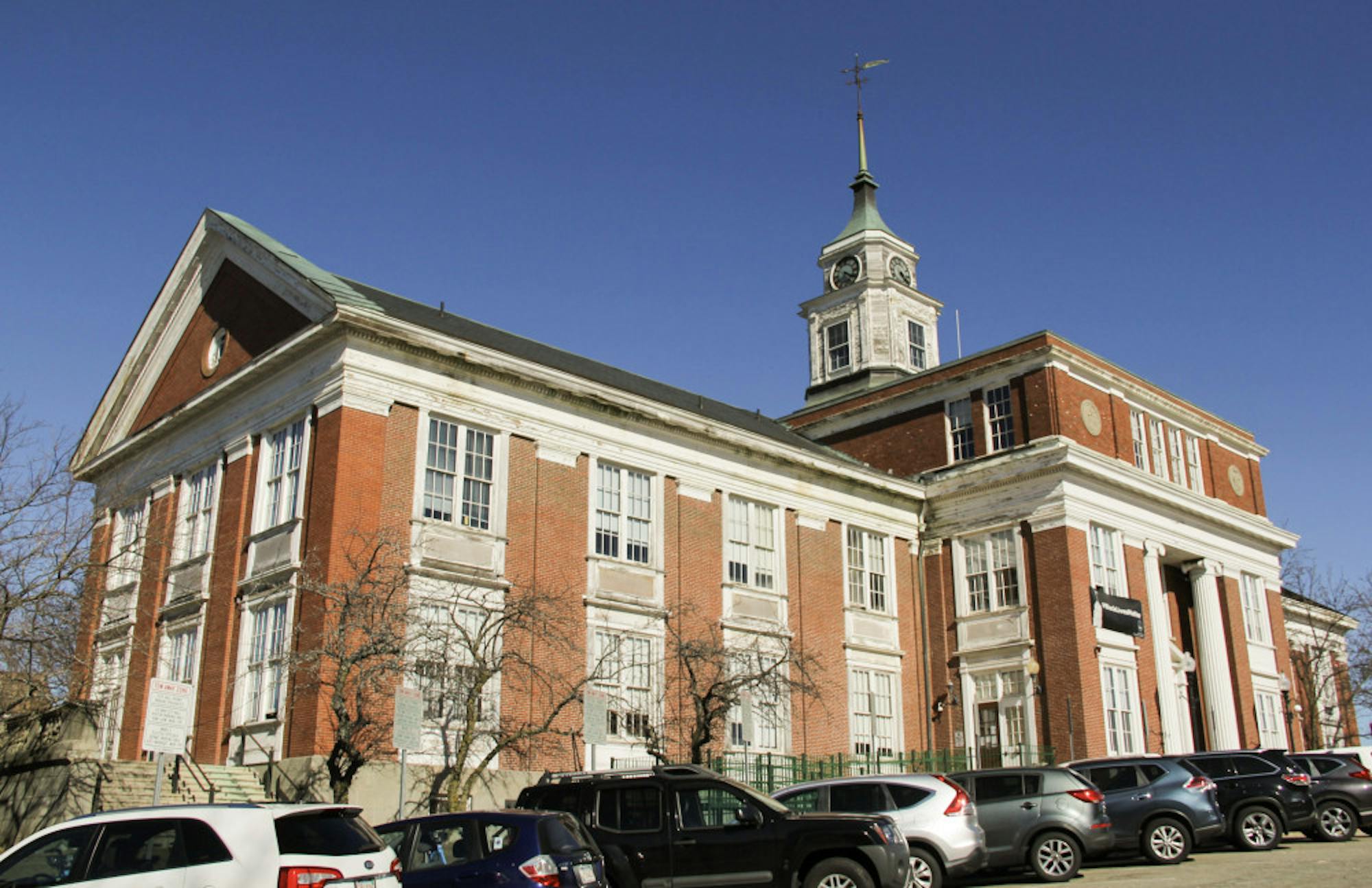The City of Somerville is set to receive nearly $78 million in funds designed to help with the COVID-19 recovery as a part of the American Rescue Plan Act (ARPA). President Joe Biden signed ARPA into law in March 2021. The law financially assists municipalities in recovering from the challenges caused by the COVID-19 pandemic.
Somerville Mayor Joe Curtatone outlined his priorities for spending the money, explaining that while the ARPA funds will be incredibly useful toward relieving immediate COVID-related issues in Somerville, the city’s long-term plans will involve more community-oriented projects.
“As for longer-term priorities, my goal is for our community members -- especially those hardest hit by the pandemic -- to help identify how we can best continue to fight this virus, help our residents and businesses recover, and tackle vital goals such as bridging the digital divide, supporting physical and mental health, investing in our schools and workforce training, expanding access to childcare and so much more,” Curtatone told the Daily in an email.
While the law outlines eligible uses for the funds, such as responding to the public health emergency and upgrading infrastructure, it leaves most decisions about how to spend the money up to the cities. Austin Faison, director of the Somerville ARPA, expressed optimism about the flexibility the ARPA guidelines afford.
“The burden is on us as a municipality to look for some creativity within our interpretation of the rules, and some flexibility concerning sub-recipients and also an understanding of what would best fit Somerville,” Faison told the Daily in an interview.
Because the law’s structure allows for flexibility, Somerville’s plans for the funds will largely depend on feedback from its citizens. According to Faison, community engagement is going to play a central role in Somerville’s ARPA planning.
“We are truly trying to accumulate as much data as possible so we can understand what the community is asking for because we have broad categories,” Faison said.
The law’s language specifies that funds can and should be used to provide aid to disproportionately impacted communities. The city is partnering with the Metropolitan Area Planning Council to understand how to best support each community within Somerville prior to making detailed plans for the allocation of funds.
“We did not want to go in the direction of presenting a fully fleshed-out plan prior to the community engagement process because we do want the community to have the ability to reflect and inject ideas into the process,” Faison said.
Faison’s team, in conjunction with the Metropolitan Area Planning Council, is exploring methods for equitably obtaining community feedback, such as ensuring there are no language barriers in focus group meetings and going door-to-door to survey citizens in order to reduce the risk of a digital divide.
Curtatone echoed Faison’s sentiments, while also highlighting the extent to which community engagement will be vital in crafting a strategic, detailed plan for allocating the money thoughtfully.
“Ensuring we hear directly from community members including our most vulnerable or hard-to-reach residents will allow us to ground-truth what is most needed and guide spending based on a range of unique experiences, knowledge, and ideas,” Curtatone said.
Rocco DiRico, executive director of government and communications at Tufts University, also provided insight as to how Tufts could be involved in Somerville’s ARPA plans. According to DiRico, Tufts partnered with the City of Somerville on several projects to help the citizens of the city during the pandemic.
“We housed Somerville police officers and firefighters in our residence halls, provided 1,400 free COVID tests to our neighbors and implemented a pooled testing program in Somerville Public Schools earlier this year,” DiRico wrote in an email to the Daily. “Lessons learned from those projects might contribute to Somerville’s thinking on how to prioritize future spending.”
As future spending will largely take place under the new mayor — to be elected on Nov. 2 — Curtatone highlighted the detailed preparations that his office is undertaking in order to ensure a seamless transition that does not impinge upon current ARPA plans.
“We'll be ready the day after the election to start reading them into ongoing efforts so they will be prepared to continue this work right after the new mayor is sworn in this January,” Curtatone said.
Regardless of how the city decides to spend the money, Somerville’s focus remains ensuring each citizen has every possible opportunity to voice their opinions and express their needs — a process Faison is enthusiastic to begin.
“I look back at how long we’ve had this money, and I wish we had started sooner,” Faison said. “Basically, I think we could have gotten some of this money working. But we’re really excited to start utilizing it now.”
The City of Somerville held a virtual community forum on Oct. 27 from 7-8:30 p.m. to begin the conversation on how to allocate the money.






